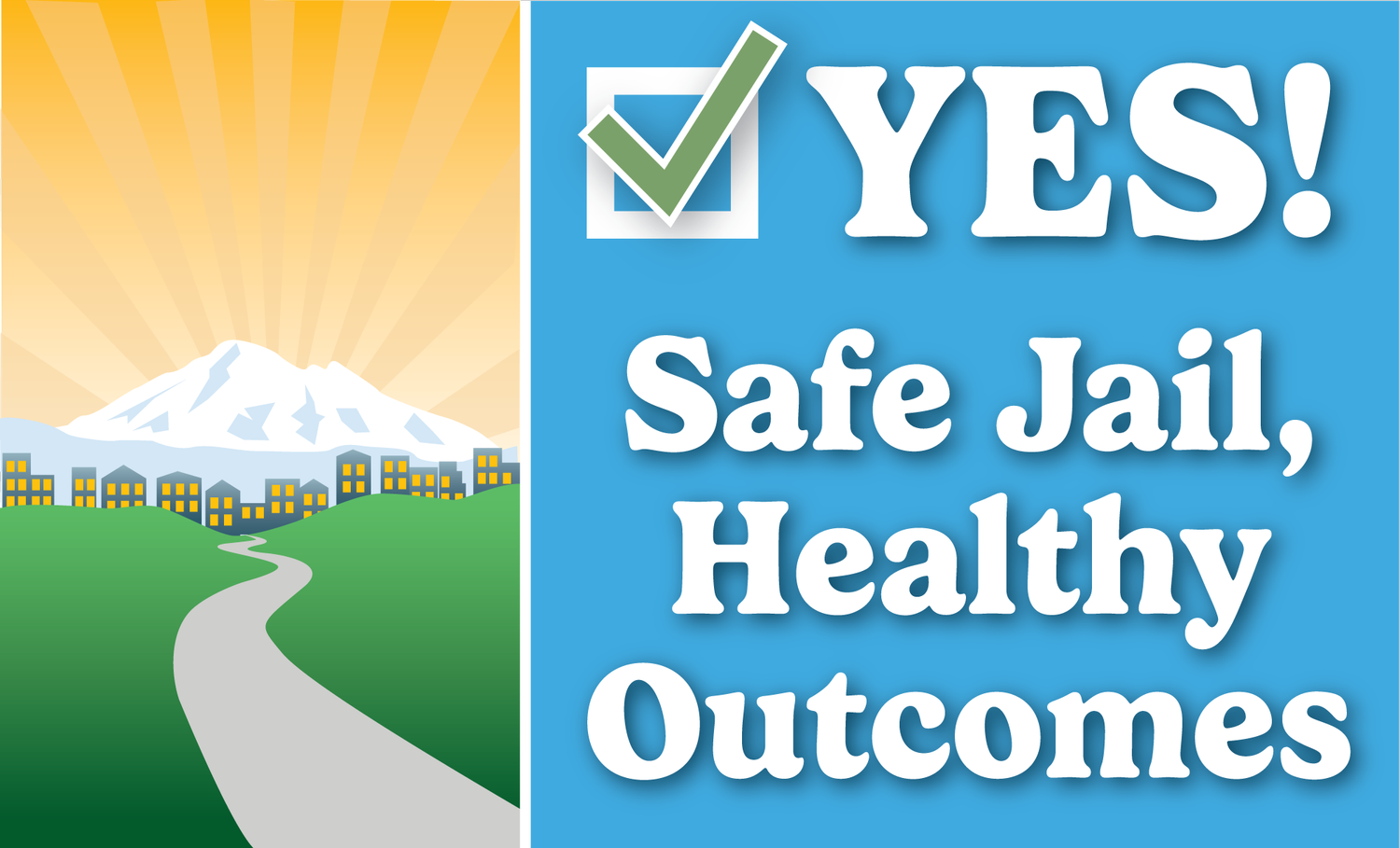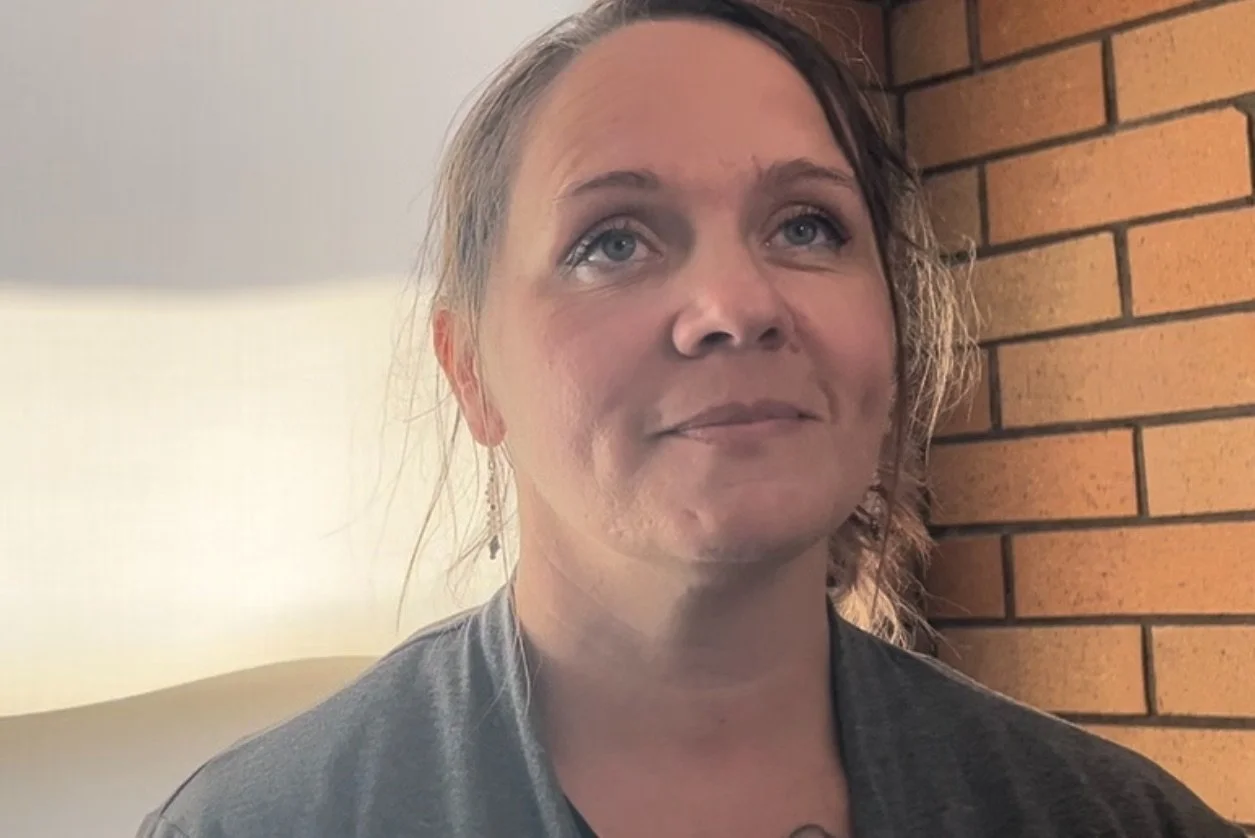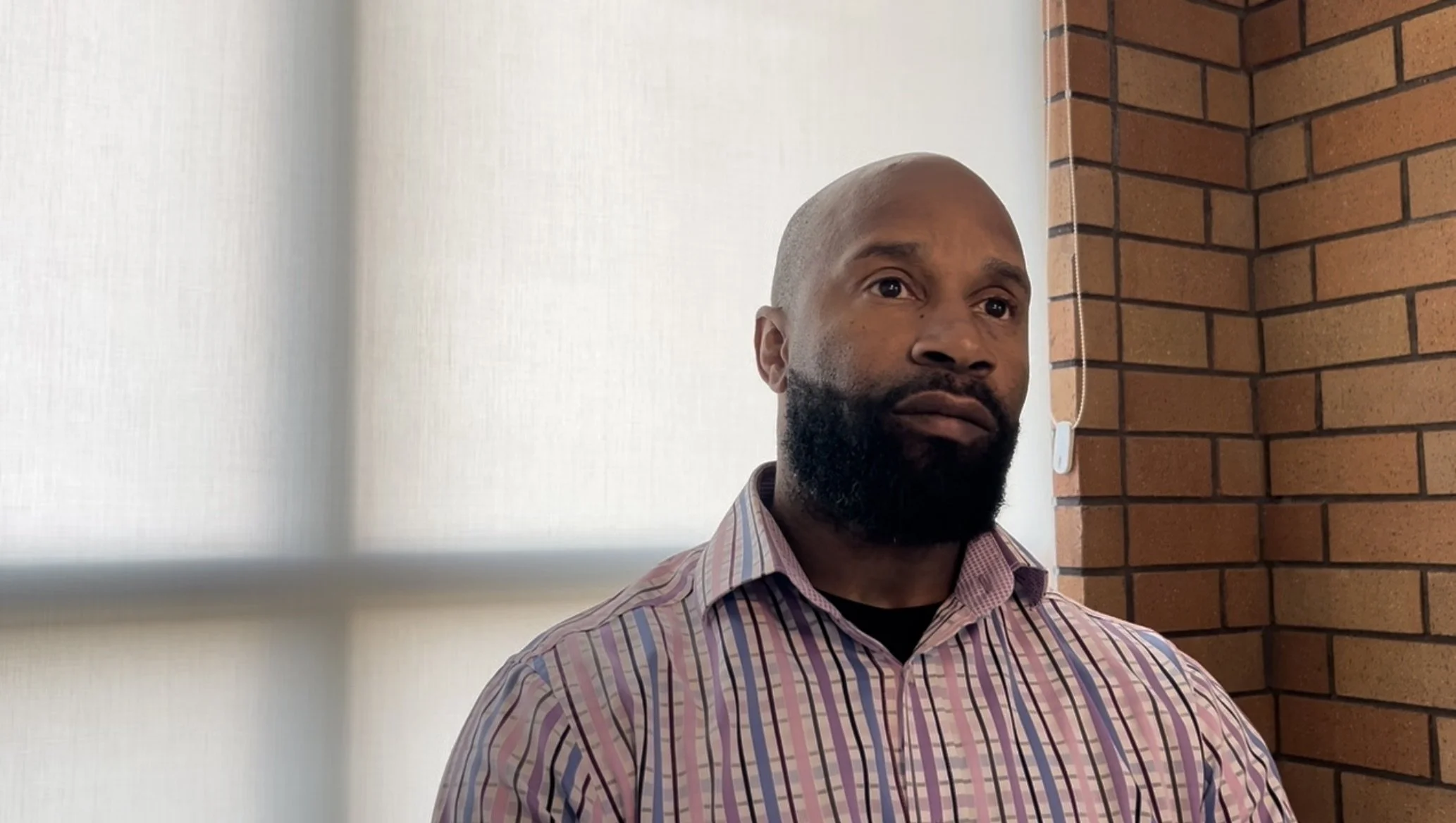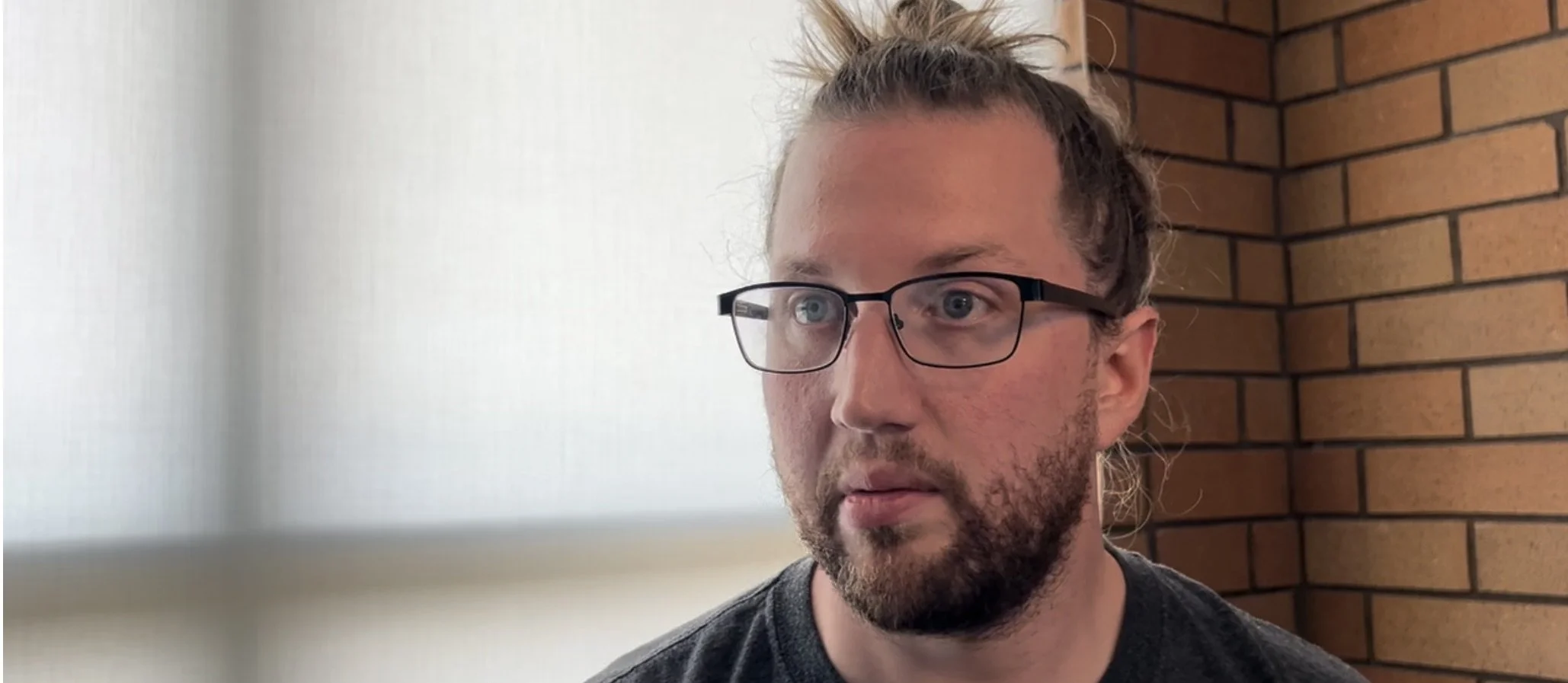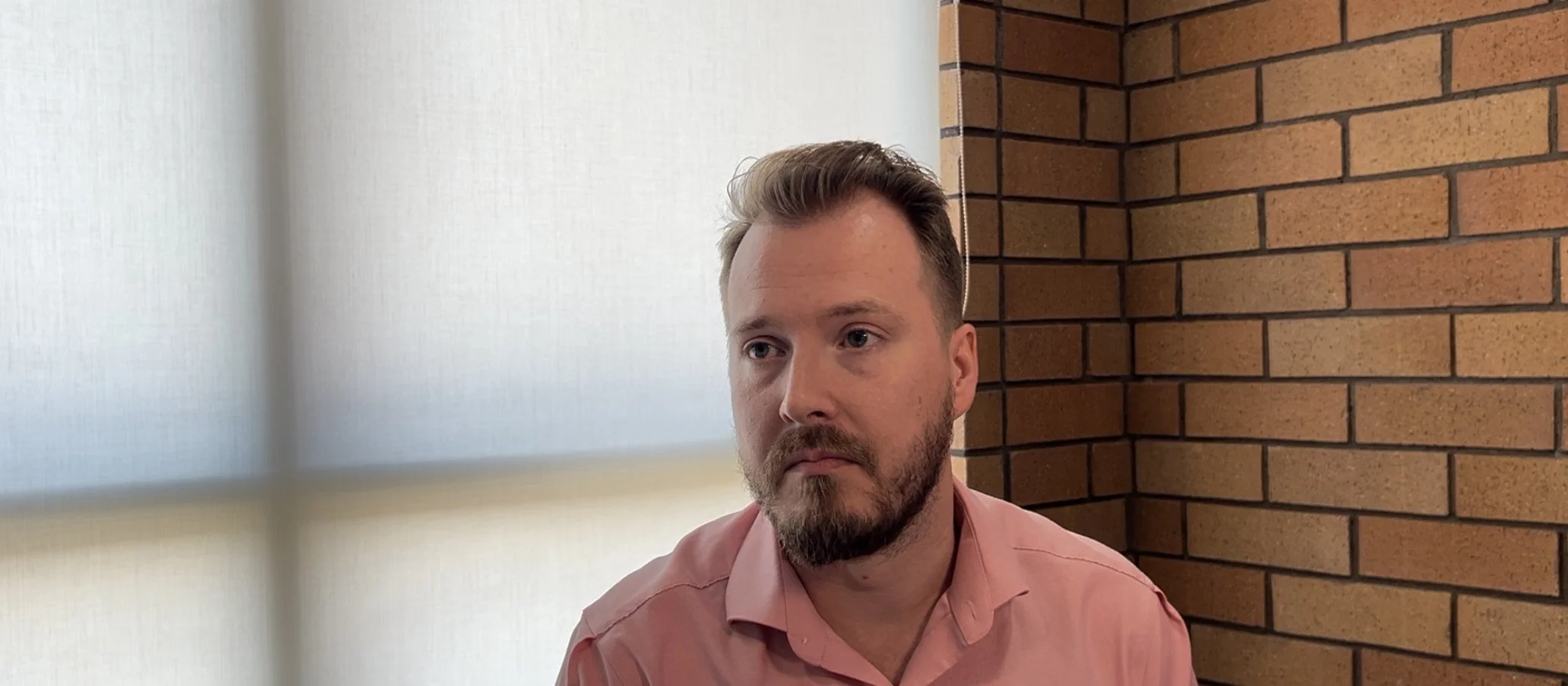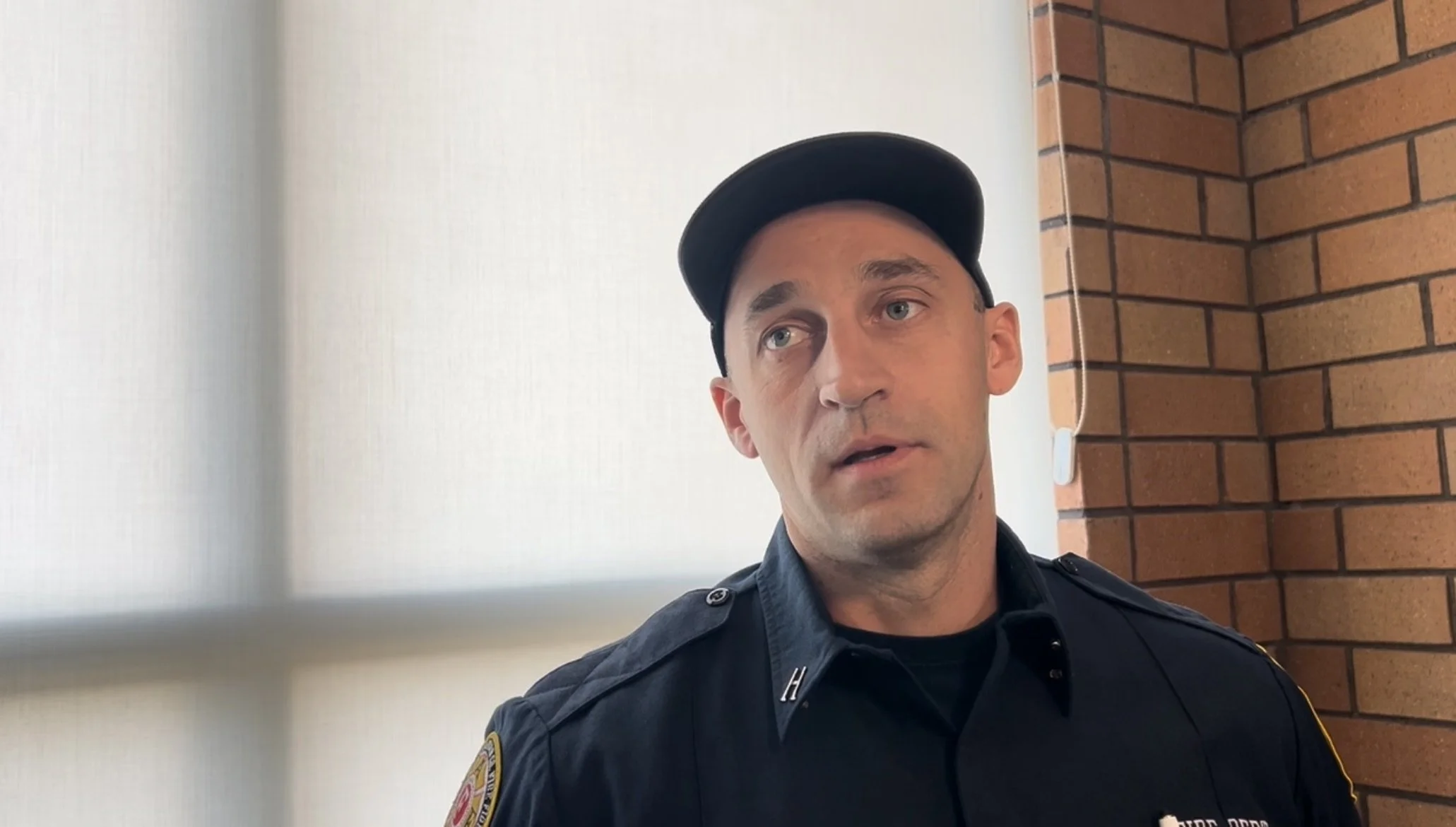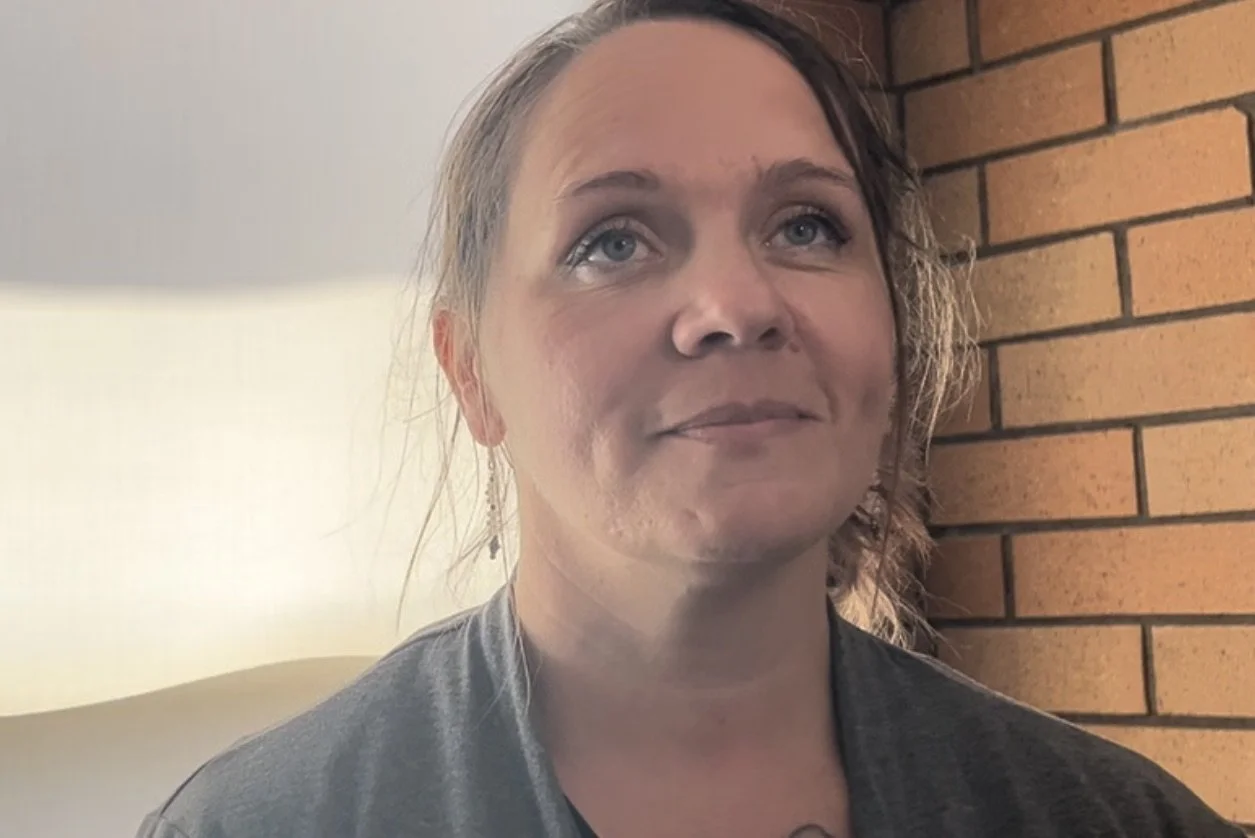What behavioral health professionals
are saying about the current Bellingham jail
-
![]()
“For the past 20 or 30 years our current jail has been insufficient. A jail doesn’t have to be only a punishing kind of space, it can also provide an opportunity for advanced interventions.”
Kellie-Anne Reichman
Director of Crisis and Outreach Services, Lighthouse Mission/Basecamp -
![]()
"Honestly, the current jail is an unhealthy environment for anyone, including my clients who are trying to recover from addiction.”
Lafarro Williams
Residential Treatment Program Manager
Lake Whatcom Residential & Treatment Center -
![]()
“Our jail was built to accommodate Bellingham in the 1980s, or prior to that. Bellingham is much larger. That on its face should be enough to warrant the creation of a new jail. I am fully in support of building a new jail for the benefit of the incarcerated, not anyone else.”
Bart Hunter
Homeless Outreach Specialist -
![]()
"We just lack the physical space. We have nowhere to operate a group therapy session. We don't have an education room where we can run GED programs. There's no optional programming space to teach vocational skills or emotional regulation or parent teaching classes. It's not an option. I wholeheartedly believe they deserve more and that's why I'm advocating for it.”
Josh Hauserman
Mental Health Professional
Lifeline Connections -
![]()
"The current jail we have isn’t supportive or safe for my clients, the corrections officers, or the individuals using the jail as a space for rehab. These poor medical and nursing staff, they're literally working out of a closet. It's just not set up for staff to be effective and to feel supported, which is going to translate down to the individuals that they're helping inside the jail, which is not fair.”
Captain Joe Frank
Bellingham Fire Department Community Paramedic -
![]()
“I think that inhumane conditions in the jail only solidify the idea in my client's head, they are not entitled to humane treatment, or at least that we as a community do not feel that they're entitled to humane treatment.”
Bart Hunter
Homeless Outreach Specialist -
![]()
"The current jail feels dark like a dungeon. When you put somebody in a dungeon, they're going to react that way. They're going to learn how to survive in that environment. We don't put people away just to store them somewhere until we can release them. They need an environment to rehabilitate, where they can get accustomed to the community they're gonna be a part of again."
Lafarro Williams
Residential Treatment Program Manager
Lake Whatcom Residential & Treatment Center
What behavioral health professionals are saying about a new jail/behavioral care center
-
![]()
“A jail and behavioral care center like the one being planned gives incarcerated people the chance to address their issues, to make changes, to connect back into the community. If the effort is to change our community for the better, the current jail does not provide enough space for behavioral health and addiction treatment. I would strongly advocate that something is done about this as soon as possible.”
Lafarro Williams
Residential Treatment Program Manager
Lake Whatcom Residential & Treatment Center -
![]()
“Caring for the mental and physical health of people who are incarcerated is the only way we’re going to see people able to reintegrate. If they are dropped in a box and left, there’s no way we can reasonably expect them to be more well-adjusted after that.”
Bart Hunter
Homeless Outreach Specialist -
![]()
“We have many people on the streets and in jail bouncing back and forth that suffer from untreated organic mental illness. Oftentimes people are released in even worse condition than they went in because of lack of access to appropriate care. Many of these people could be helped by a facility in order to again get to a place of wellness and be able to rejoin our community as a productive member.”
Kellie-Anne Reichman
Director of Crisis and Outreach Services, Lighthouse Mission/Basecamp -
![]()
"This is not an effort to incarcerate more people. This is an effort to improve the conditions of the incarcerated."
Bart Hunter
Homeless Outreach Specialist
What behavioral health professionals are saying about how a jail/bcc can help people in crisis:
-
![]()
“The acuity of all these behavioral health, mental health, substance use calls is greater than I can ever remember. These poor individuals are not getting breaks. They’re constantly being cycled in and out for a short period of time and not able to get a REM cycle not even a good sleep cycle. They’re always on the edge. If they’re not using a substance to help with their paranoia or mental health crisis they are withdrawing from that substance causing more issues for them. I don’t like saying it but sometimes being incarcerated is the best step for them to get that two-week, three-week break and maybe have a chance to get medications. ”
Captain Joe Frank
Bellingham Fire Department Community Paramedic -
![]()
“Our community suffers when there are not external motivators to get people into a place of wellness. I know many people who would attribute a trip to a jail for saving their life.”
Kellie-Anne Reichman
Director of Crisis and Outreach Services, Lighthouse Mission/Basecamp -
![]()
“I believe that if we are given the opportunity to implement effective programmatic spaces for behavior change, we could establish ourselves as a benchmark. We could become a lighthouse for correctional facilities. We could become a community that approaches behavioral health in a research-based and scientific way that is shown to work. If we are given the chance to establish a little bit of innovation and creativity in our approach here, I believe deeply that it will pay off.”
Josh Hauserman
Mental Health Professional
Lifeline Connections
